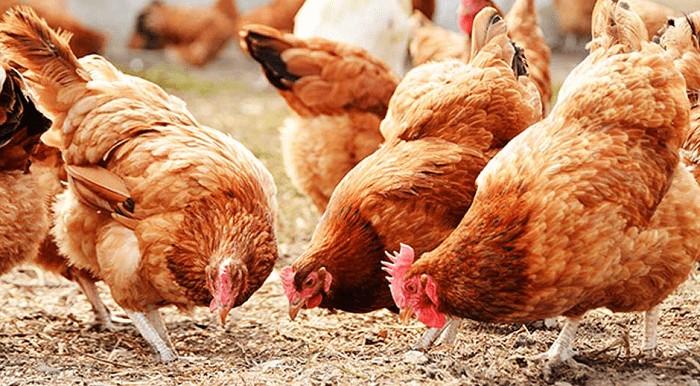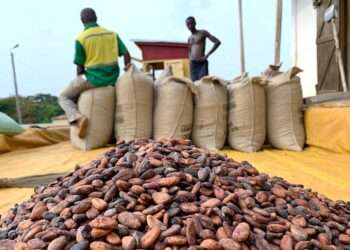The Central Regional Poultry Farmers Association has called for a well-defined policy framework to support and sustain the poultry industry.
According to the Association, unlike crop farmers who receive various incentives to boost production, the poultry sector lacks a clear government policy direction. They emphasized that such a policy is crucial to ensuring long-term growth and stability in the industry.
The call was made during a seminar organized by the Central Regional Poultry Farmers Association in collaboration with ECO Feeding Ghana Limited at Agona Swedru. The event aimed to educate farmers on industry challenges and solutions to maximize returns.
Key topics discussed included managing heat stress in poultry production, the significance of veterinary services and technical information for farmers, and strategies for ensuring year-round broiler production to meet local market demands.
The participants were drawn from Gomoa East, Gomoa Central, Awutu Senya- West, Awutu Senya- East, Agona West and East, Asikuma-Odoben-Brakwa, Cape Coast and Ajumako- Enyan-Esiam Districts.
Nana Dr Darko Asamoah, Central Regional Chairman of the Poultry Farmers Association, said the planting for food and jobs policy did not capture poultry farmers. He said the lack of access to capital to expand farms to meet market demand had become a major problem facing the famers.
Supporting The Poultry Industry
The chairman appealed to the government to support the poultry industry in Ghana with capital and acquisition of land to encourage the youth to go into the poultry business.
Nana Dr Asamoah called on the government to encourage and support all Senior High Schools to have poultry farms to reduce expenditure on chicken and eggs. He urged the government to as matter of urgency, recruit more veterinary staff to support poultry farmers, adding that it was important also to set up veterinary clinics and laboratories to ensure proper care of animals.
The Chairman asked the Ministry of Agriculture and other relevant development partners to organise regular training and education for farmers to update them on the importance of poultry farms.
Nana Dr Asamoah said Ghana needed 350 metric tonnes of poultry but at the moment, farmers could only produce 15 metric tonnes, which was woefully inadequate due to many obstacles.
The Chairman said Central region formerly had more than 3,800 poultry farmers, but many had folded up leaving only 1, 260 who were facing challenges which needed government urgent intervention to salvage the industry from collapse. He noted that the poultry industry in the region employed more than 10,000 direct workforce, reducing the unemployment pressure.
Dr Peter Omega, the Central Regional Director of Agriculture, urged the poultry farmers to form strong cooperatives to have a united front to enable them receive the incentive packages intended to be rolled out by the new Minister of Agriculture.
The Regional Director said it was easier for cooperatives to receive financial and logistical support from both government and external partners to cultivate maize farms in large quantity to feed their birds. He expressed concern about inadequate staffing of veterinary and extension officers in the region, making it extremely difficult for the few officers to offer the required and needful services to poultry and crop farmers.
Dr Omega added his voice to the government to recruit more staff for both extension and veterinary officers to improve efficiency in the agriculture department.
The Regional Director expressed optimism that the experts’ advice to the farmers would be put to good use to maximize the needed returns to produce more meat and eggs to feed the country.
Mr Tiago Ferreira, a visiting Portuguese poultry Farmer, and an Expert in poultry, urged farmers to heed the advice on heat stress which was a major challenge in poultry farming, to ensure safety of their animals.
Mr Tiago also called on farmers to apply modern methods of feeding and other relevant ways that could make the animals become more robust to withstand all forms of challenges that may occur in the poultry production.
READ ALSO: Investors Face Lower Yields as Government Maintains Strict Bid Rejection Policy























